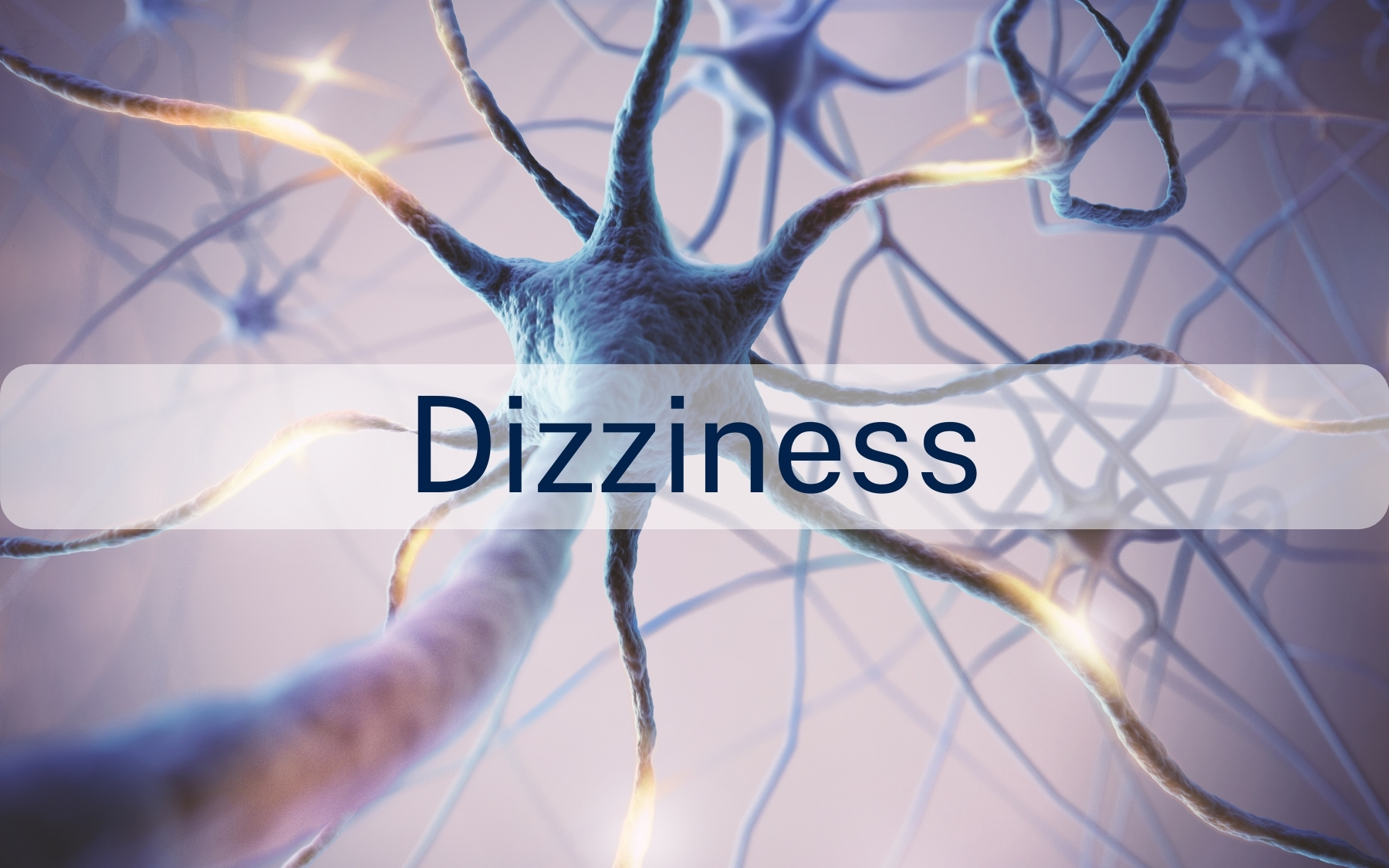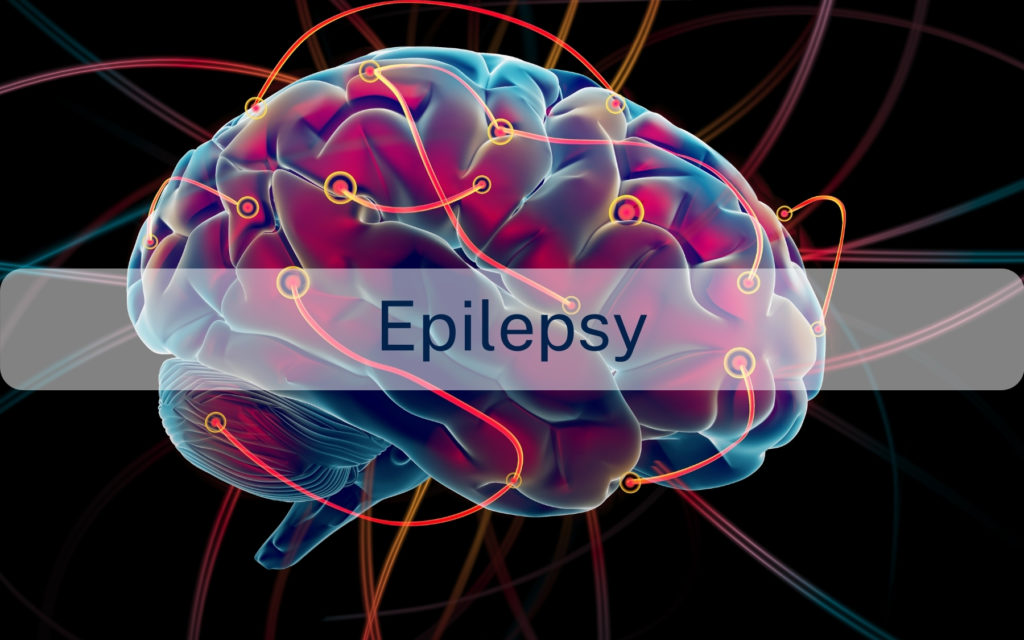Dizziness is a relatively common symptom and it’s usually not serious to feel a little lightheaded or off balance. That said, if you’re worried it’s always a good idea to see a doctor. Dizziness can be completely random, be a one-off episode and go away on its own. Less frequently, dizziness can occur in conjunction with other symptoms or be linked to another condition.
Symptoms include feelings of:
- Giddy
- Off-balance
- Lightheaded
- Faint
- Like you or things around you are spinning
What are the common causes?
- Sudden drop in blood pressure – standing or sitting down too quickly
- Inner ear problem – feeling dizzy as well as alter hearing and/or tinnitus
- Labyrinthitis – a spinning sensational as well as nausea or vomiting (this will often occur after a cold)
- Medication side effects – this may occur after starting a new prescription medication
- Reduced blood flow – symptoms can include loss of hearing, double/blurred vision and numbness
How can you treat dizziness?
If you are suffering from dizziness you will probably find it will go away of its own accord. Whilst you are having a dizzy episode:
- Do lie down until it passes
- Do move slowly and carefully
- Do drink plenty of fluids (especially water)

- Do avoid smoking and alcohol
- Don’t bend down suddenly
- Don’t drive or use heavy machinery whilst dizzy
- Don’t get up suddenly if you’ve been lying down
When to seek medical help?
It’s always a good idea to see a doctor if:
- You’re worried about your dizziness
- It keeps coming back
- You have trouble hearing
- You have double vision, blurred vision or changes in vision
- Your arms or legs feel numb
- The dizziness is accompanied with other symptoms such as headache, vomiting or fainting
This article is intended to inform and give insight but not treat, diagnose or replace the advice of a doctor. Always seek medical advice with any questions regarding a medical condition.






0 Comments